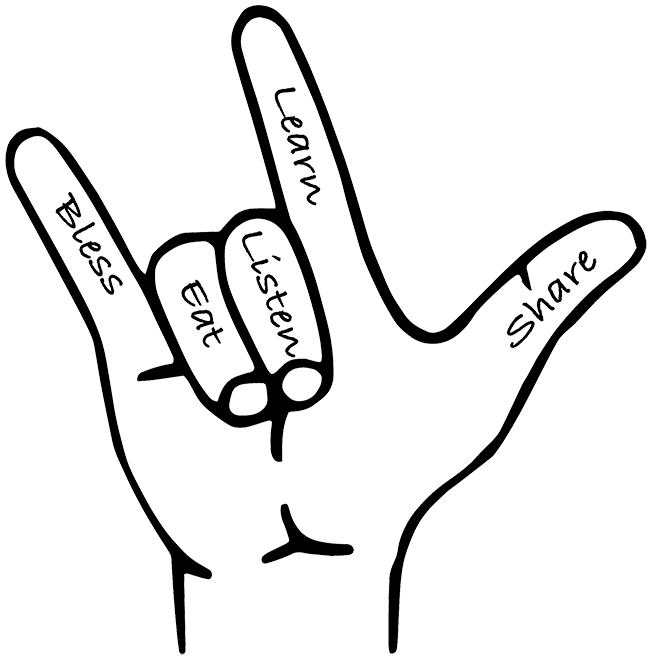Forming Lifelong Disciples
A junior confirmation program that prepares our youth to live confidently as ‘sent ones’ in the Lord

Project Timeline
2024-05-31
Stage 1 Funding
Capital Development for stage one to be completed
2024-08-01
Content Creators' Gathering
2025-08-01
Test Site Receive Drafts
The test sites will receive early drafts to review instructional design.
2026-04-01
Public Release of Stage 1
2026-06-01
Stage 2 Draft Completed
Proposal Overview
The junior confirmation program materials used by most Lutheran churches is based on Luther’s Small Catechism which was written in 1523. The content of Luther’s Small Catechism is as valid today as it was the day it was written. It addresses the central dilemma in our relationship with God, justification. However, it was written for an audience that was steeped in the 16th century Roman Catholic view of works righteousness. It was written in an age when society acknowledged God as the supreme authority in all matters of life and faith. In short, the catechism was written to answer questions that few are asking today and it was written in the context that no longer exists.
As tragic, our current programs are designed to provide our students with knowledge, simple answers to complex truths. A reliance on simplistic answers to complex truths leaves our students vulnerable to the complex philosophies and pressure to conform they experience in High School, college, and beyond. The effects of our current faith formation process can be seen in the rapid loss of students in the life of the church post confirmation. We are reaping the fruit of the failed system in our parents who do not place a priority on faith formation.
The Unique ‘Life of Sending’ Proposition:
The junior confirmation program that we are proposing will use the questions asked by kids in Junior High to teach theological truths. For example, today’s youth are very interested in the environment. The proposed confirmation program would use that interest to teach about the creation of the world and the implications for our daily life when the Lord charged Adam to steward His creation. Gender identity and sexual orientation are divisive and complex issues. However, our youth can find clarity and confidence as they learn what it means to be created in the image of God and to find one’s identity in Christ.
This confirmation program incorporates the five missionary practices of (BELLS).

Learning Modality

Learning Units
One Faith
One Foundation
Christianity: A Different Type of Religion
Our Identity
A Fresh Perspective
Our Identity In Christ
Life In Christ
Growing in the Presence of Christ
Prayer: Fellowship with Our Father
Sword Practice
Wielding the Word of God
Gaining Confidence in the Study of the Word.
Love & Family
Growing in the Art of Love
Love & Family
This unit will not focus on romantic love. It will focus on the Biblical concept of Love and the six practices of love: compassion, confession, absolution, patience, encouragement, and space. The students will learn the connection between Biblical love and our lives as family members and children of God. The unit will stress the importance of mutual support and contrarian thinking in the healthy family dynamic.
Live in Service
Developing a Servant Heart
Developing a Servant Heart and a Submissive Will
The Body of Christ
Being an Active Member of the Church
The Body of Christ
Strengthened in God's Grace
Being Strengthened Through the Means of Grace
Reconciliation (Sacraments)
A Divided People
Racism
Racism: Understanding how others perceive our actions and motives
Biblical Hospitality
The Power of Biblical Hospitality
Suffering in the World
Being an Active Member of the Church
Suffering in the World
Gender Identity
and Sexual Orientation
Gender Identity and Sexual Orientation
Caring Conversations
The Art of Discussion and Debate
The Art of Discussion and Debate
Hard Truths
Hard Truths
Service in the Church
Contributing to the Mission of God
Service in the Church
Your Missionary Calling
Living in Mission For Christ

